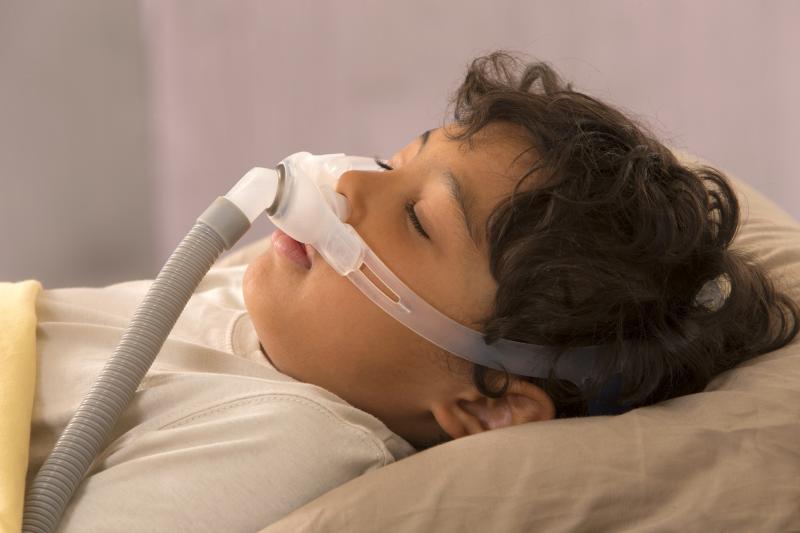
For preschool children with obstructive sleep apnoea (OSA), adenotonsillectomy appears to produce improvements in the frequency of day naps and polysomnography parameters but not in cognitive function, as reported in a recent study.
Researchers randomly assigned 190 children aged 3–5 years to early adenotonsillectomy (within 2 months) or to routine wait lists (12-month wait, no adenotonsillectomy [NoAT]). They conducted cognitive and behavioural testing, medical assessment, polysomnography and audiology at baseline and at month 12.
Three-fourths of the population (n=141; 75.8 percent) completed baseline and 12-month assessments. Data on global IQ, measured using the Woodcock Johnson III Brief Intellectual Ability (BIA), were available for 61 and 60 participants in the adenotonsillectomy and NoAT groups, respectively.
Global IQ at month 12, the primary study outcome, was similar in the two groups. Adenotonsillectomy did not yield significant cognitive gain compared with NoAT, with mean BIA scores of 465.46 vs 463.12, respectively.
On the other hand, patients who underwent surgery showed improvements in polysomnogram arousals and apnoea indices, parent reports of symptoms (Pediatric Sleep Questionnaire), behaviour (Behavior Assessment System for Children behavioural symptoms, p=0.04), overall health, and daytime napping.
The expectation that IQ would improve after surgery was founded on a previous meta-analysis of 1,697 children aged 5–17 years (mean, 9.81 years) from observational cohort studies that showed an association between OSA and reduced performance on neuropsychological measures. [J Int Neuropsychol Soc 2016;22:839-850]